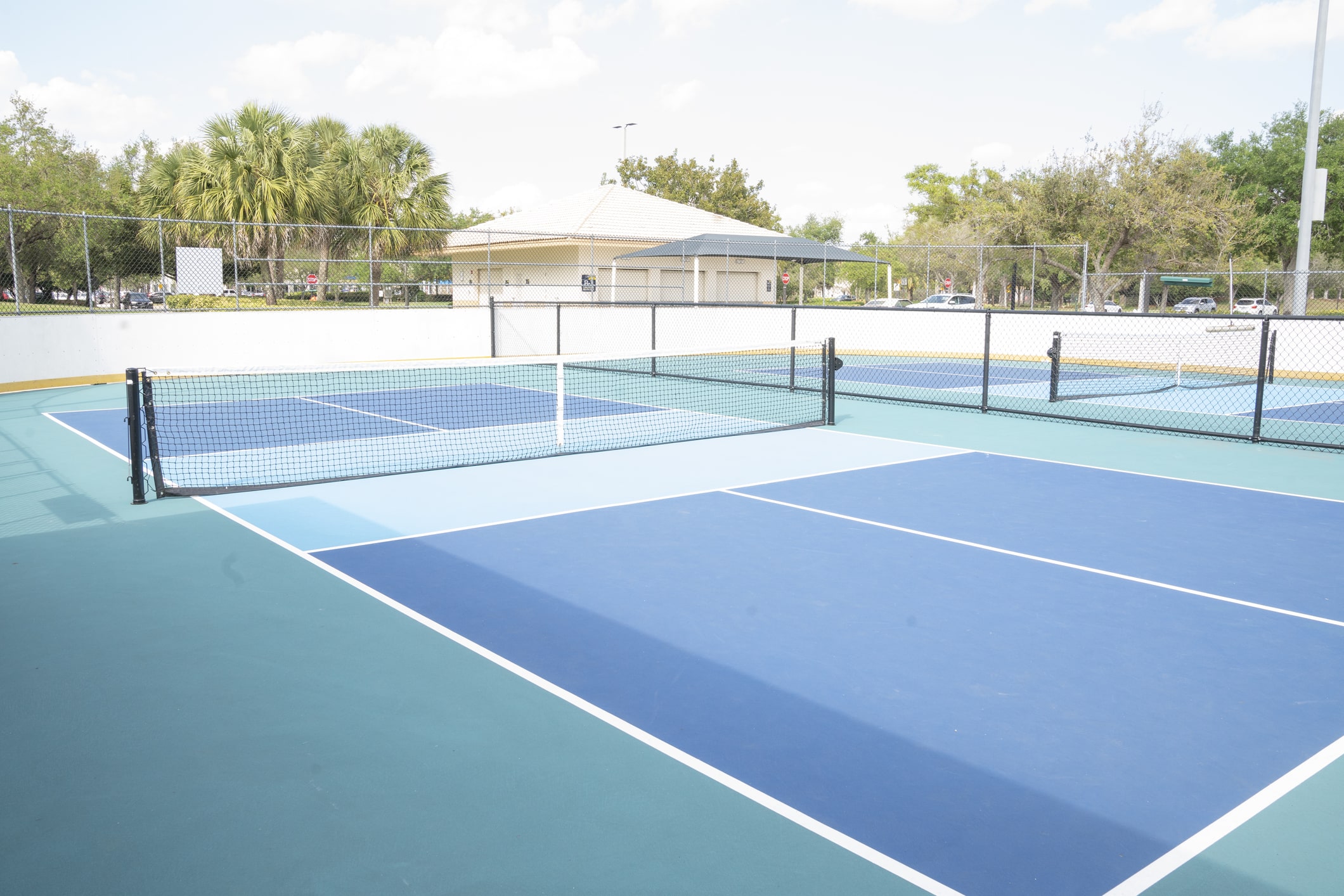When it comes to backyard pickleball courts, the foundation is the unsung hero that ensures the longevity and stability of your project. One key decision that often goes overlooked is the choice between road base and gravel for creating a solid base. In this article, we’ll explore why opting for road base over gravel and thoroughly compacting is something that sets us apart from other contractors.
The Road Base Advantage
1. Strength and Durability:
Road base is a mixture of crushed stone, sand, and clay, engineered to provide exceptional strength and durability. This composition results in a stable foundation that can withstand heavy loads and resist settling over time. On the other hand, gravel alone may lack the cohesion and stability needed to support the weight of structures like driveways, sidewalks, or patios.
2. Better Load Distribution:
Road base is designed to distribute loads evenly, preventing the concentration of stress points that can lead to cracks or uneven settling. This is particularly important in areas with heavy traffic or where heavy machinery may be present. Gravel, without the added cohesion of finer materials, may lead to uneven load distribution, risking structural integrity.
3. Effective Drainage:
Road base provides a balanced mix that allows for proper drainage. This is crucial to prevent water from pooling around your concrete structures, which can lead to erosion and compromise the stability of the base. Gravel, being less cohesive, may not offer the same level of drainage efficiency.
4. Improved Compaction:
Due to its composition, road base is more amenable to compaction compared to loose gravel. Effective compaction reduces voids and air pockets in the base, ensuring a solid and stable foundation for your concrete work.
Compaction: The Key to Success
1. Preventing Settling Issues:
Thorough compaction of the road base is a crucial step in preventing settling issues. Settlement occurs when the base compresses over time, leading to uneven surfaces and potential structural problems. Compacting the road base effectively minimizes the risk of settling, providing a level and reliable foundation.
2. Enhancing Load-Bearing Capacity:
Compacted road base enhances its load-bearing capacity by reducing voids and increasing density. This is essential for supporting the weight of concrete structures, ensuring they remain stable and secure over the long term. Gravel, when not adequately compacted, may lack the necessary density, compromising its load-bearing capabilities.
3. Optimizing Concrete Performance:
A thoroughly compacted road base contributes to the overall performance of the concrete. Uneven or poorly compacted bases can lead to cracks, uneven settling, and a shorter lifespan for your concrete structures. Investing time and effort into proper compaction is a wise decision that pays off in the longevity and performance of your project.
What Sets Us Apart
In a competitive pickleball construction landscape where shortcuts are often taken to save time and appear as a cheaper option, choosing road base over gravel and ensuring thorough compaction sets us apart. Not only does it demonstrate a commitment to quality and durability, but it also provides peace of mind to our clients who seek long-lasting results.
In conclusion, the choice between road base and gravel, coupled with the diligence of thorough compaction, is a pivotal decision in any concrete project. By opting for road base, you invest in a foundation that stands the test of time, ensuring the success and durability of your construction endeavors. So, when you select a builder for your backyard pickleball court, remember: the road to success is paved with a solid foundation.

